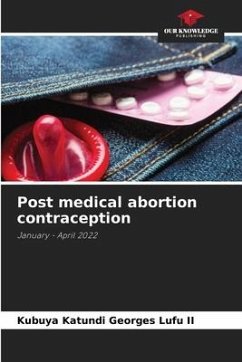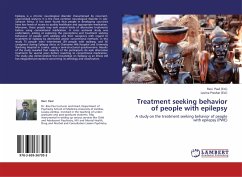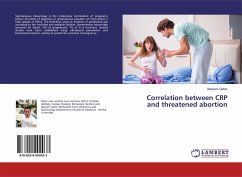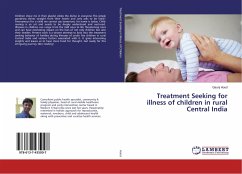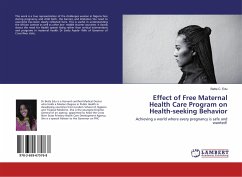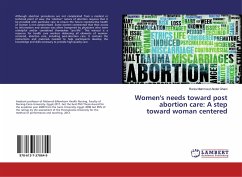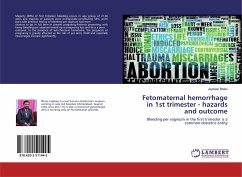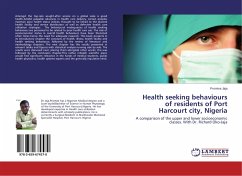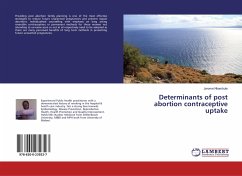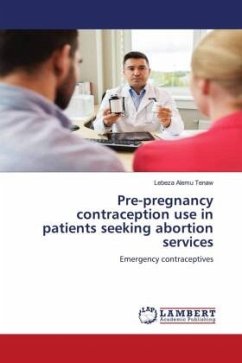
Pre-pregnancy contraception use in patients seeking abortion services
Emergency contraceptives
Versandkostenfrei!
Versandfertig in 6-10 Tagen
29,99 €
inkl. MwSt.

PAYBACK Punkte
15 °P sammeln!
SummaryEmergency contraceptives are used within 72 hours after unprotected sexual intercourse to prevent unwanted pregnancy. Although emergency contraceptives are widely available in Ethiopia, termination of pregnancy remains a public health problem indicating low uptake of emergency contraceptives after unprotected sexual intercourse. Only 80.8% of women seeking induced termination of pregnancy didn't used emergency contraceptives to prevent their index pregnancy. Women who had secondary education and women who had no living children had a significant association with emergency contraceptive ...
SummaryEmergency contraceptives are used within 72 hours after unprotected sexual intercourse to prevent unwanted pregnancy. Although emergency contraceptives are widely available in Ethiopia, termination of pregnancy remains a public health problem indicating low uptake of emergency contraceptives after unprotected sexual intercourse. Only 80.8% of women seeking induced termination of pregnancy didn't used emergency contraceptives to prevent their index pregnancy. Women who had secondary education and women who had no living children had a significant association with emergency contraceptive utilization. Additionally women who have time with their sexual partner to discuss about contraceptives and women have history of abortion had a positive significant association with emergency contraceptive utilization. There is relatively low utilization of emergency contraception among pregnancy terminating women. Reproductive health programs should encourage women discussion with their partners about emergency contraceptives to decrease occurrence of unwanted pregnancy and termination of pregnancy.



